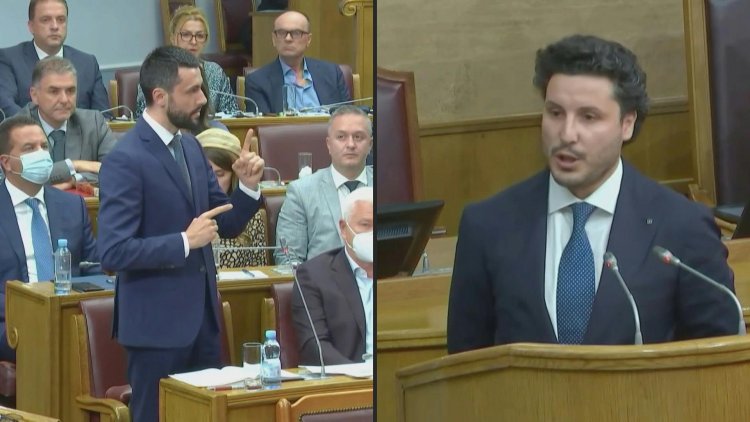Montenegro government loses majority in no-confidence vote

A no-confidence motion was passed by Montenegro's parliament, paving the way for the end of the current ruling government and the beginning of a fresh round of political upheaval in the Adriatic nation.
The motion passed with 50 votes, with only one MP voting against it, while the rest of the 81-seat parliament's members boycotted the measure.
"We need an election and a stable government," said parliamentarian Danijel Zivkovic, who filed the motion and triggered the confidence vote.
The motion came just months after a no-confidence vote in February ended the rule of another coalition government.
Political tensions have been smouldering in Montenegro for weeks after the government signed a controversial new agreement with the Serbian Orthodox Church (SPC).
The agreement covered a range of issues, including measures to provide a regulatory framework for the hundreds of properties -- including churches and monasteries -- owned by the SPC.
The country's prime minister, Dritan Abazovic, hailed the deal, saying the agreement would hopefully smooth over relations between divisive groups within the country, particularly pro-Serbia and pro-Western parties.
President Milo Djukanovic has long been a fierce opponent of the SPC, and has been accused of wanting to nationalise the church's properties.
For weeks, Djukanovic -- who is currently in the opposition -- has used the accord as a cudgel to destabilise the ruling government and push for early elections.















